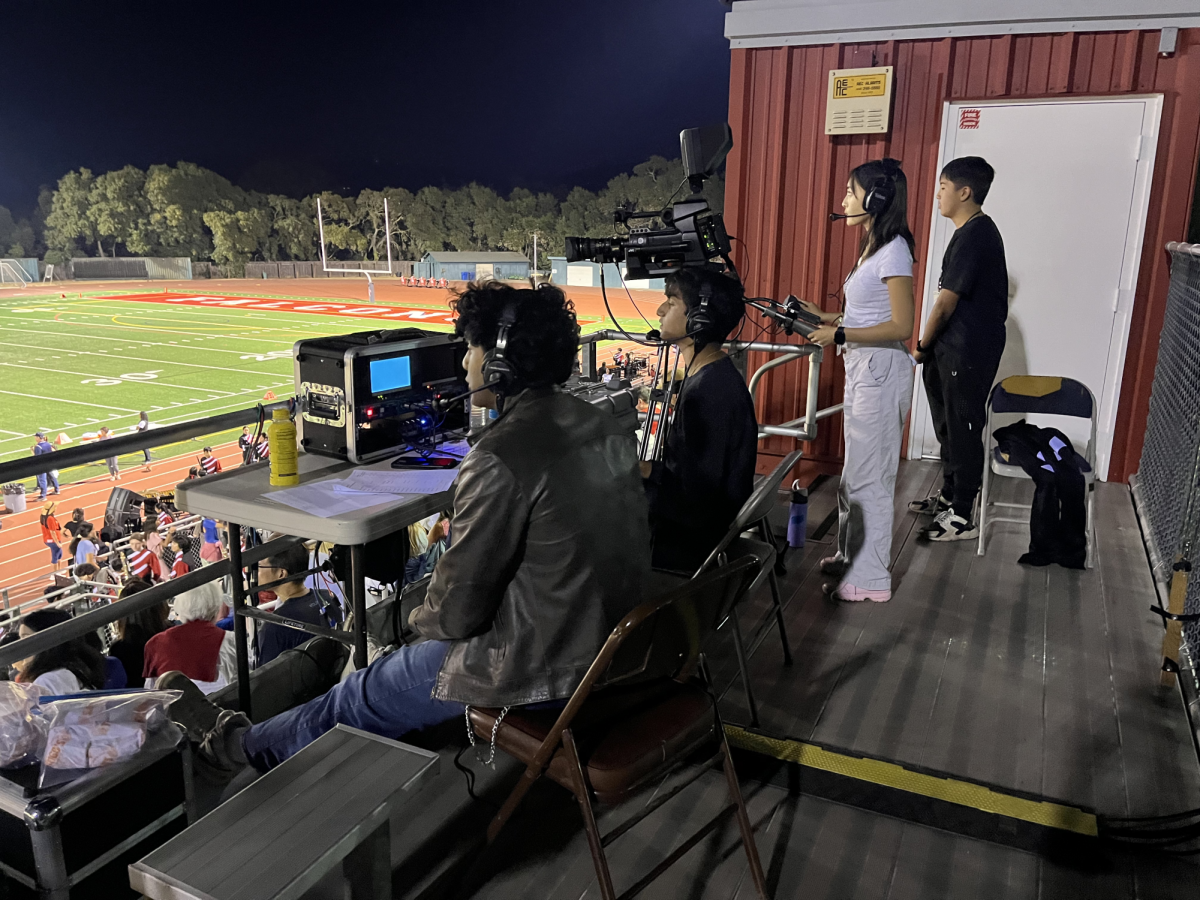Cecil the lion was a beautiful, majestic specimen, one of the most famous African lions alive and an icon around the world. In the middle of summer, however, newspapers and websites were emblazoned with his image along with various headlines lamenting his death.
The story was that Cecil was murdered by an American dentist, Walter Palmer, during a hunting trip in early July. Cecil was a venerable 13 when his life was cut short. The world mourned his death, publishing detailed hate letters to the perpetrator of the crime and hosting fundraisers, such as the CrowdRise event by the African Wildlife Foundation, to end hunting.
While Cecil’s untimely death brought attention to the unfairness of poaching, it also brought to light the deeper issue of the world’s perception of Africa.
Every year, there is a story similar to this — a story of some immense tragedy or injustice in the rural and poverty stricken plains of Africa. It has ranged from being simple accounts of poaching to the chronicling of major issues, from KONY in 2011 to Ebola just last year.
While it is true that these travesties occur, Western countries seem to have a habit of focusing purely on the negative aspects of Africa in order to produce sensationalized stories of an impoverished, war-torn continent that desperately needs our help.
In the case of Cecil, news sources, such as FOX News, decided to focus on the misfortunes of hunting, rather than on reporting positive stories such as the massive growth in Nigeria, Ghana, and Kenya’s economies, with their average GDP doubling in U.S. dollars to its highest in history, and Kenya’s victories in the World Athletics Championships. The 2015 All African Games also received minimal publicity, despite its impact on athletes internationally.
Unfortunately, the tendency to focus on the negative and sensational in Africa illustrates the remnants of racism still among us. Western countries continue to maintain that they are the paragon of civilization and advancement, while keeping other countries “in their place” by selectively reporting on stories that perpetuate a widespread and false notion of Africa.
The case of Cecil the lion made this discrepancy extremely clear. Instead of acknowledging that the U.S. itself was in the process of navigating several of its own tribulations, the media utilized the death of an animal to paint Africa as a “dark country” and show off the philanthropic work of Americans, despite the fact that the perpetrator was, in fact, an American citizen.
The dentist responsible for Cecil’s death was publicly ostracized and condemned for his actions, but somehow, that same criticism did not extend to his country. The U.S. as a whole was not condemned for its greed or lack of conscientiousness, but the entirety of Africa was painted with the tragedy of Cecil.
It seems that the only stories ever told about Africa are those of death, warfare and poverty, and Cecil was merely one example of the type of stories headlining U.S. newspapers.
Ultimately, it is the effective manipulation of events that pushes the idea that no matter what injustices are happening within our country, the true example of injustice and terror will always be Third-World countries, such as those in Africa.
This trend has spanned decades already and yet has no clear sign of stopping. A brief review of the Pulitzer Prize-winning photographs over the last half century shows that the majority of famine or war was depicted in Africa, even during times when there was an equal or greater scale of conflict in Europe or the U.S.
For example, the winning picture from 1985 was one of an Ethiopian mother holding her emaciated child, a look of despair reflected in both pairs of eyes. The child died days after the photograph was taken. Meanwhile, the U.S. poverty rate had risen to 14 percent, the highest that it would be for the next two decades. The U.S. occurrence, however, was not quite as widely broadcast.
Through this, it becomes clear that Africa has not had worse luck than the rest of the world. It is no more struck by warfare than the Middle East and no less diverse than the U.S. It is largely because of news bias that Africa has gained its reputation as an underdeveloped, tragedy-stricken continent.
Not quite as publicized was the news that Nairobi is funding a major research platform to combat malaria; a major step toward the improvement of disease control in many of Africa’s stricken countries.
While Cecil the lion’s death was truly horrendous, it is by no means representative of the entire continent. Next time you see a report from an impoverished location in Africa, consider the millions of people there who live in their comfortable, air-conditioned homes and hold stable jobs. They’re probably laughing at our ignorance.




























